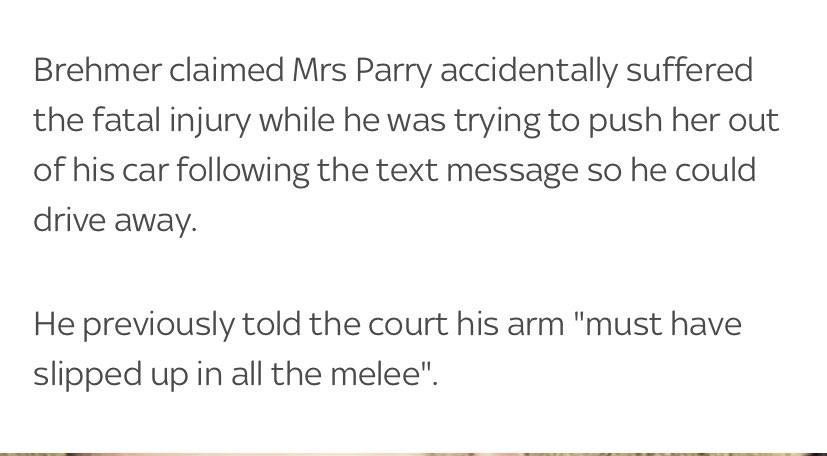
I want to say a few things about prosecuting.
Unlike the AG, I have appeared in criminal courts prosecuting cases across the spectrum, from murder to speeding.
When prosecuting, we are performing a public service. Our role is to act fairly and with integrity. [THREAD]
Unlike the AG, I have appeared in criminal courts prosecuting cases across the spectrum, from murder to speeding.
When prosecuting, we are performing a public service. Our role is to act fairly and with integrity. [THREAD]
https://twitter.com/BarristerSecret/status/1333493269070831623
We don’t prosecute out of vengeance, or with personal animus towards the accused. We don’t seek a “win” at all costs. We don’t ask for “the maximum sentence”. We don’t appeal to a jury’s worse nature, or use tricks or adverse publicity to secure cheap advantage.
We take fairness seriously. We ensure disclosure - material capable reasonably of assisting the defence or undermining the prosecution - is made. If we believe there’s insufficient evidence & a risk of wrongful conviction, or it’s not in the public interest to prosecute, we say.
We do prosecute robustly, ensuring that all admissible evidence is put before a court, and that the judge is properly assisted with the relevant law. We ensure that sentences are lawful and proper, and advise on appeals when in our judgement a court has got it wrong.
We encounter the very worst things that humans can do to each other. Cases that would haunt you for the rest of your life - that haunt *us*. But we don’t let that affect our professional conduct. We take no joy in conviction; merely pride in performing our role as best we can.
Prosecuting is a privilege. You carry responsibility for ensuring the fair trial of your fellow citizens. You learn not to take defeat personally, and not to measure success by your victories or by the length of sentences passed on the people you help to convict.
Somebody who derives pleasure from convicting others, who delights in the most severe punishment available, or who sees prosecuting not as a public service but an opportunity for self-promotion, is not fit to be a prosecutor.
I find that people often mistake our system for that in the US, where vote-chasing District Attorneys push for the most serious charges and longest sentences.
That is not the way we do things.
We endeavour to keep politics out of prosecuting.
Long may this be the case.
That is not the way we do things.
We endeavour to keep politics out of prosecuting.
Long may this be the case.
• • •
Missing some Tweet in this thread? You can try to
force a refresh









